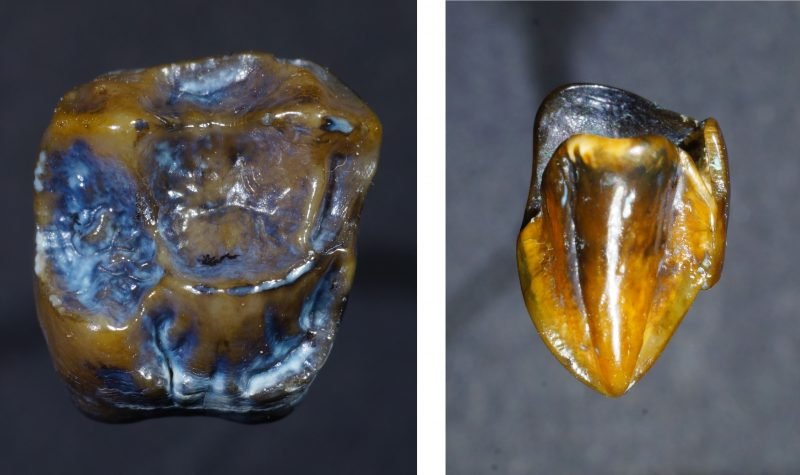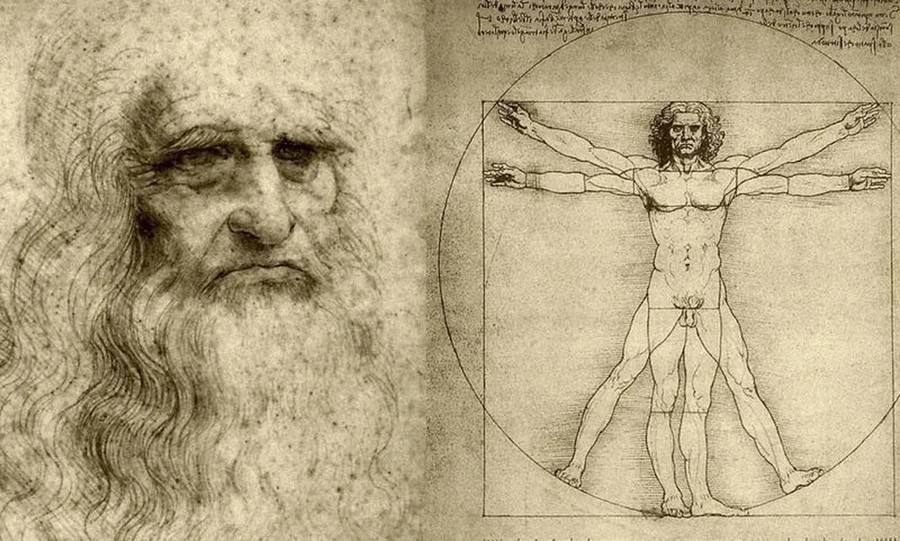A German politician has praised the discovery of 9.7 million-year-old fossilized teeth by German paleontologists as potentially "rewriting" the course of human history.
Researchers digging over gravel and sand in an old Rhine riverbed close to Eppelsheim discovered the tooth bones.
They resemble the remains of "Lucy," a 3.2 million-year-old extinct monkey skeleton discovered in Ethiopia. Lucy was a primate related to humans.
They are unlike those of any other species that may be found in Asia or Europe, though.
According to Deutsche Welle, scientists were so perplexed by the discovery that they postponed publicizing their work for a year.
The research team's leader and director of the Mainz Natural History Museum, Herbert Lutz, told the local media, "They are certainly ape teeth. Their traits reflect fossils discovered in Africa that are four to five million years older than the Eppelsheim specimens.
This is a terrific accident, but it's also a big mystery.
The mayor of Mainz said during a press conference to announce the discovery that it might prompt researchers to reexamine the origins of early humanity.
Without wanting to oversimplify, he remarked, "I would hypothesize that after today, we will have to start rewriting the history of mankind."
Local archaeologist Axel von Berg said that the fresh discoveries would "amaze experts".
The "real work" to solve the puzzle has only just begun, according to Dr. Lutz, whose first report on the study has just been published.
The presence of hominins, a species closely related to humans, on the continent has not been established, despite the fact that there is a wealth of fossil evidence indicating that great apes roamed Europe millions of years ago.
According to the current scientific agreement, modern humans originated in east Africa between 400,000 and 200,000 years ago and spread to other parts of the world as recently as 70,000 years ago.









